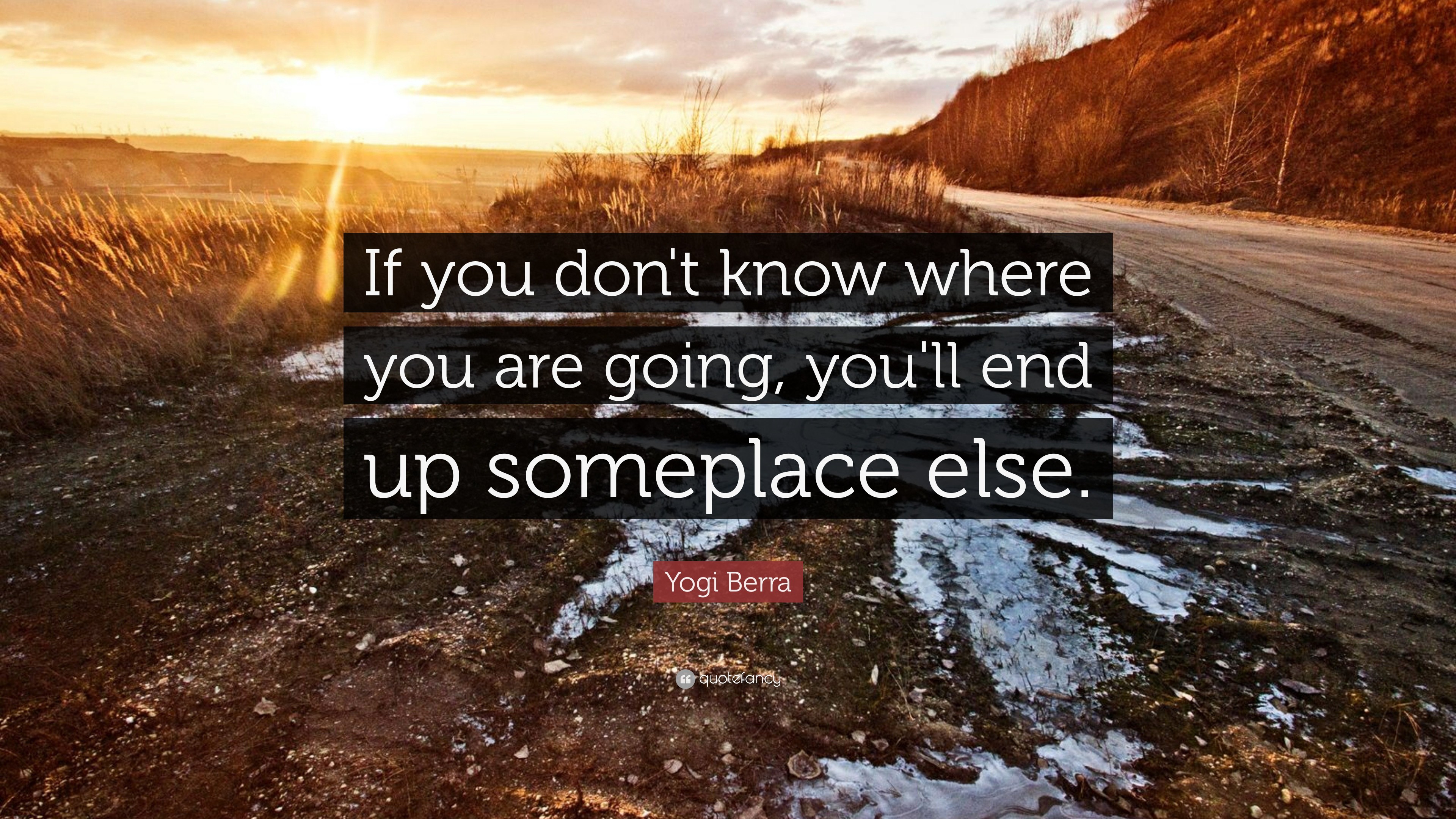To start the design process start by creating a ?compass? that is going to guide you through the whole journey.
 Photo by Patrick Tomasso on Unsplash
Photo by Patrick Tomasso on Unsplash
?indecision is the real enemy.
The problem with starting my own game design project is that I am not 100% sure what to start with and what to do after that. I have researched a lot. Still, the amount of things to do is too much. Creating mechanics, doing the writing, managing playtests etc.
Every game project is also unique. That makes it impossible to create a formula that everyone could use to create their game design.
Yet, the game has to be made and nobody is going to do it in my stead.
Since I do not want the following to happen?
 Photo by Tom Pumford on Unsplash
Photo by Tom Pumford on Unsplash
I need to focus. ;D
Right now indecision is the real enemy. The possibilities are overwhelming. It is easy to allow oneself to become so anxious that one does not start at all.
To avoid that, I have to allow myself to make baby steps first. To start small. It is better to pick the best idea I have at the moment and go with that. This is better rather than not doing anything at all or hoping, waiting for the ideal moment.
Success is more than doing one thing. I will have to do many things to get where I want to be. Might as well start with something so that I can get to the next thing quicker.
?there is no bigger failure than not starting at all.
The first step then should be to pick an idea that I can work towards. It is very easy for me to wake up and be like ?I am going to create a horror game. It is going to change peoples lives.? But what does all that high concept fluff mean? I need to be more specific about what I am going to be working towards.

Start by creating your compass
In my opinion, everyone needs to know what is the end goal. In this stage that means coming up with my vision or concept for the game, that I am going to make. This concept is going to function like a compass.
How can it function as a compass? While sailing the sea of uncertainty, I can drift off course. Game design is a very dynamic endeavor. You come up with an idea. You make it into a prototype, then you playtest it, but it does not work. You make the changes necessary or create a new prototype? rinse and repeat. Until you have a prototype that works.
That can be hard. Every time a prototype does not work out, it can feel like a failure. The designer can also get too attached to an idea that obviously does not work?
Yet, thanks to the compass I will always be able to test whether I am moving in the right direction. What I still need to do to get myself one step closer to my goal. To set the ship back on its right course.
How do you create your compass? Use this simple questionnaire
Here are two tools? or questionnaires that I found that can help with deciding on a vision/concept for your game.
One is Jared Sorensen?s famous The Big Three questions.
The second is The Power 19 ? a design tool created by Troy ?TC? Costisick . It was created after Troy used The Big Three, but found that questionnaire to be too abstract. Not providing enough focus. Thus he expanded on it by adding 16 more questions to it.
I looked at both. I tried to quickly answer the questions without thinking too much about them to test them out. The conclusion is that The Big Three is too abstract and the second ? too demanding.
However, I must agree that both are useful. Yet, you should answer The Big Three questions first and only then, when you are happy with the vision you have, then you go and read the Power 19 questions.
Your assignment
Right now I am going to mention all of the big three questions (rephrased by me) and explain each of them. Your job, if you are designing a game, is to answer the questions as they come up. As you are reading this article.
You cannot allow yourself not to do this exercise. I did it and if you are serious about making your own game you must do it as well. Otherwise, stop reading this article now.
The questions are as follows:
1. What is the experience you want your players to go through in the game? Put simply ? What is your game about?
Your game can be about the fight between Good and Evil. Hope and Despair, or illustrating Power and how far a person is willing to go for it. What is the thing the players are going to talk about while playing the game?
You don?t have to describe your game in detail. No details of what dice you are going to use, the mechanic, illustrations or anything like that. Do not confuse the genre, setting or color details with what?s most important: the premise and structure of the game.
All you have to do is note down what is the experience you want the players to go through in the game? This could be a theme, social issue, particular activity etc.
Examples: Dungeons & Dragons are about Fighting Monsters and Getting Loot.
Cyberpunk 2020 is about Surviving the dangerous city and Looking Good while you do it.
Dogs In The Vineyard is about Judgment. Morality in the face of adversity and all of its parts all enforce that. The game even tells the players that their judgments on the situations in the game are above reproach. THe Game Master cannot tell them their decisions are wrong.
One rule when answering this questions: The answer should never be one word. Aim for no less than 2 sentences. Only stating that Monopoly is about Private Property is too vague.
Second rule: Concentrate the answer on what the characters are going to do . Character choices and actions are important in a roleplaying game!
If the question seems too complicated as an exercise replace the word ?game?/?experience? with something else that is easier for you to imagine to get you started. For example, we all have gone to school. Right? Change the question ?What is your game about? to ?What is your class about?. Games are very abstract. Yet, changing the word ?game? to something closer to home might help you wrap your mind around your question.
If all this does not help you then start by asking yourself- why are you making your idea into a game and not a movie or a book? Games are a medium where interaction and the consumer choices are important. If your idea will provide zero interaction options and support for player choices then rethink whether you need to make a game at all.
2. How will the players be able to experience that in the game? ? How is the game mechanically reinforcing the above-mentioned experience?
If you say your game is about ?Survival? then you need mechanics that enforce that. Like ammo management, health bars, things that put treats and pressure on the characters survival.
All the mechanics should point out to reinforce that one thing. The question is what mechanics are you going to introduce in the game to do so?
Example: D&D is about killing monsters and taking their stuff. To reinforce that the game has rules for combat, loot tables, many weapons, attack abilities and lists monsters . Almost all of them have some kind of ?treasure? to be taken from them;
Rule: Before putting something down as an answer ask yourself ? why do I want to put this in here? Is it really going to help me to create the experience I mentioned in question one?
Cyberpunk 2020 says what it is about on the cover ? Cyberpunk. Meaning that the game has more style than substance. ? clothing options, sci-fi weapons, cybernetic enchantments etc.
3. What is the reward/punishment structure you are going to put in the game to encourage players to go through that experience? ? How will you motivate the players to interact/use the above-mentioned mechanics?
Mechanics are one part of the game. Mechanics on their own can not do much. You need players that are actually going to be using them. What that means is that you need to motivate your players to want to do whatever your game is about. A good way how to do this is to integrate a reward/punishment system in the game.
Example: D&D rewards you by giving you experience points. You can use these points to upgrade your character so you can kill bigger things and get better stuff. Rinse and repeat.
Note: Ideally, this reward system should make up a loop. Like in the above example.
Alright, I answered your questions. What now?
Now you should have one of these in your hands:
 Photo by Tim Graf on Unsplash
Photo by Tim Graf on Unsplash
As a side note. If you do not like the compass you have right now then you should re-go through the questions until you are satisfied with the answers. By ?satisfied? I do not mean perfect phrased or something of the likes. Remember, the point of this is to kick off your design process not get stuck worrying about word choices etc.
What are you going to do with the compass?
- The compass should inform where you should be concentrating on next in your design process. For example: If your game experience (question one) is about killing monsters (like D&D), you will have to design a combat system, the monsters etc. that support that experience ;
- Every time you are going to choose to spend time on working on a mechanic, rule or something else you have to look back on your compass. Ask youreself, are the things that I am working on supporting and enabling the players to experience what I wanted them to experience? If not, then change the course.
- The best thing about a compass is that you don?t have to always go north, it can also take you west. If at any point the game is not working out, you can update the answers. The chances are that you are going to have to do that. Expect that you are going to have to update them. This is why you should concentrate and doing and be stuck thinking about how to start. Ofcourse, this means that if you do update the answer to a question that means that you also have to update the other questions. They are all co-dependent.
Optional: Now, if you are up for it you should at the least consider some of the questions from the Power 19 questionnaire. I am going to re-post some of them and re-phrase them. If you can answer them now, if not, then only read them and keep them in your mind for consideration.
Optional: The Power 19 questionnaire
- What is unique or what does your game do better than other games?
2. How does your setting (or lack of) reinforce the experience your game is about?
3. How does the Character Creation of your game reinforce the experience your game is about?
4. What does your game do to reinforce the players? attention, engagement, and participation? (i.e. What does the game do to make them care?)
5. What are the resolution mechanics (conflict resolution) of your game like?
6. How does the resolution mechanic reinforce the experience your game is about?
7. Do characters in your game advance? If so, how?
8. How does the character advancement (or lack of) reinforce the experience your game is about?
9. How are the responsibilities divided in your game?
10. Is the game fun? If no, then how can you make it fun to the player?
11. What are your publishing goals for your game?
12. Who is your target audience?
Call to action
If you use any of these questionnaires be sure to post the answers in the comments section.
In the next article, I am going to show you how I managed to answer the questionnaire myself.


